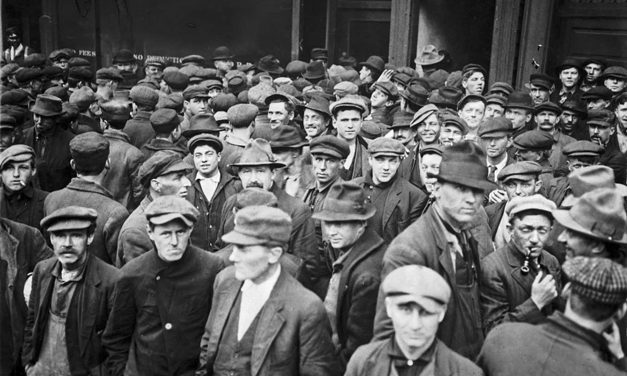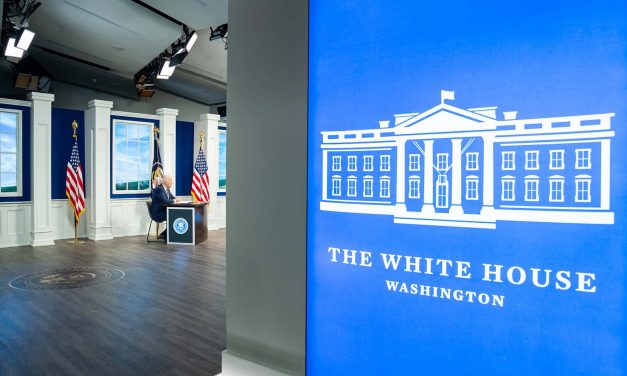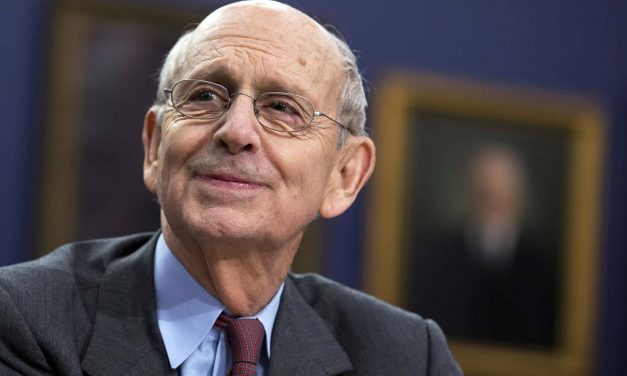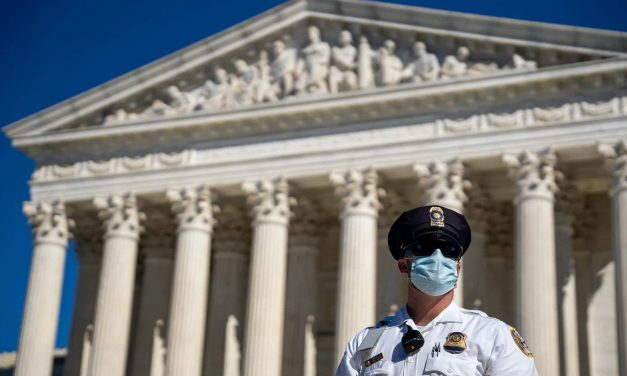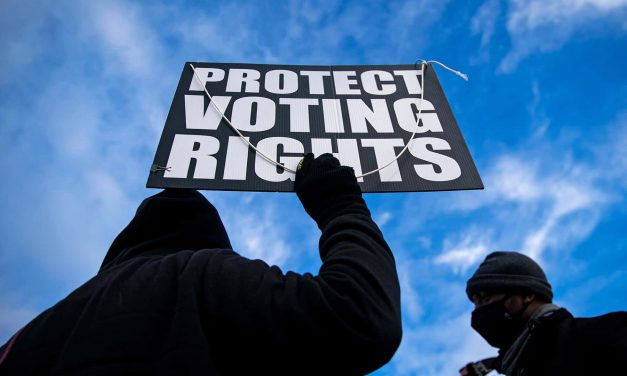The Panic of 1893: How Republicans have hurt the economy and perpetuated a myth to blame Democrats
The economy has boomed under President Joe Biden, putting to rest the lie to the old trope that Democrats do not manage the economy as well as Republicans. This should not come as a surprise to anyone. The economy has performed better under Democrats than Republicans since at least World War II. CNN Business reported that since 1945, the Standard & Poor’s 500 — a market index of 500 leading U.S. publicly traded companies — has averaged an annual gain of 11.2% during years when Democrats controlled the White House, and a 6.9% average gain under Republicans. In the...
Read More
